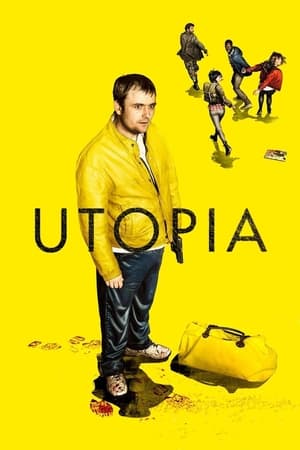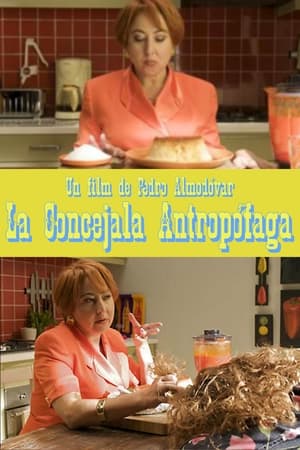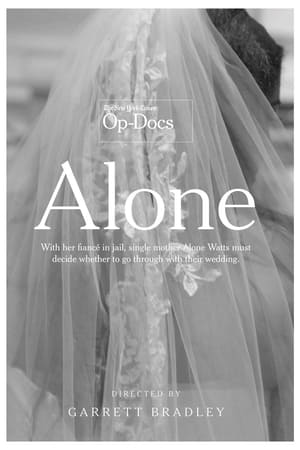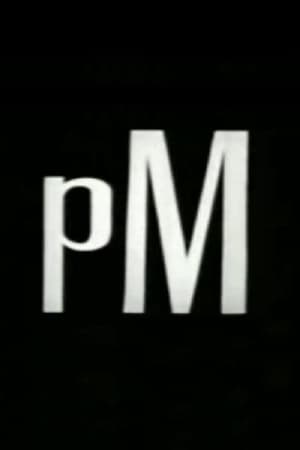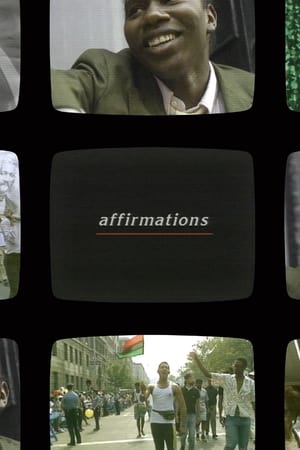

El mégano(1955)
Documentary that portrays the life of a coal-mining town south of Havana, around 1955, prior to the triumph of the revolution.
Movie: El mégano

El mégano
HomePage
Overview
Documentary that portrays the life of a coal-mining town south of Havana, around 1955, prior to the triumph of the revolution.
Release Date
1955-01-01
Average
5.5
Rating:
2.8 startsTagline
Genres
Languages:
EspañolKeywords
Recommendations Movies
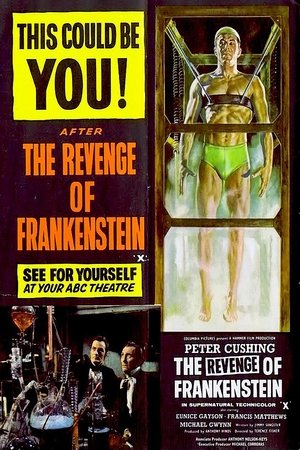 6.6
6.6The Revenge of Frankenstein(en)
Rescued from the guillotine by his devoted dwarf Fritz, the Baron relocates to Carlsbruck, where he continues his gruesome experiments.
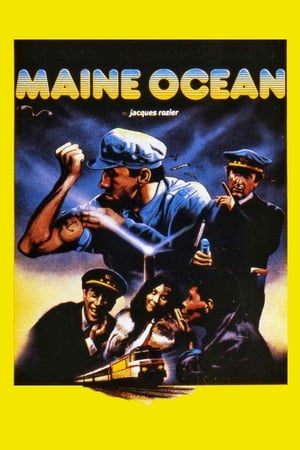 5.8
5.8Maine-Ocean Express(fr)
"Maine-Ocean" is the name of a train that rides from Paris to Saint-Nazaire (near the ocean). In that train, Dejanira, a Brazilian, has a brush with the two ticket inspectors. Mimi, another traveler and also a lawyer, helps her. The four of them will meet together later and live a few shifted adventures with a strange-speaking sailor (Mimi's client).
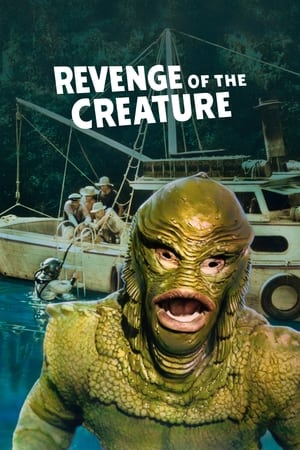 5.6
5.6Revenge of the Creature(en)
In a tributary of the Amazon, a monster – half-man, half-fish – is captured and placed in a reservoir in a Florida national park to be observed by scientists.
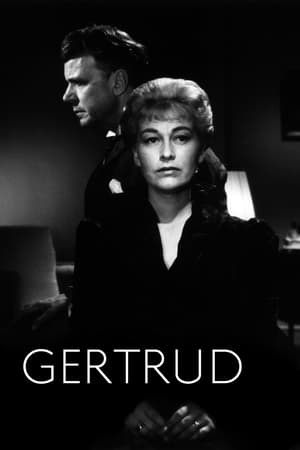 7.2
7.2Gertrud(da)
Hopeless romantic Gertrud inhabits a turn-of-the-century milieu of artists and musicians, where she pursues an idealized notion of love that will always elude her. She abandons her distinguished husband and embraces an affair with a young concert pianist, who falls short of her desire for lasting affection. When an old lover returns to her life, fresh disappointments follow, and Gertrud must try to come to terms with reality.
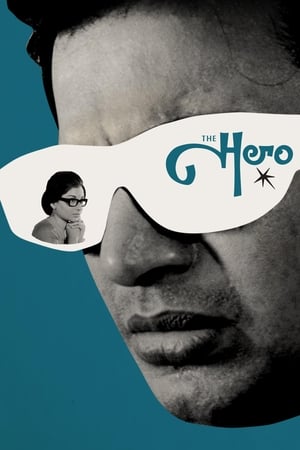 7.9
7.9The Hero(bn)
Arindam, a matinee idol, is going by train to collect an acting award. On the train, he is confronted by Aditi, a journalist who somewhat unwillingly starts to take his interview. Arindam, won over by Aditi's naivete, starts to disclose his past, his fears and his secrets.
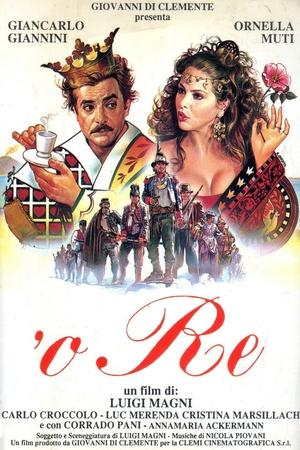 7.3
7.3'o Re(it)
One of the key factors in Italian unification was the overthrow in 1860 of Francesco, the King of Naples and the two Sicilies, who went into elegant but impoverished exile in Rome with his Queen, Maria Sofia. This seriocomic drama follows the deposed royals as they adapt to their new lives. The former king has recognized the political finality of his deposition, but his queen has taken to traveling in men's clothing all over Italy trying to foment an uprising to restore them to the throne. She is also frantic to have a baby, an heir, but the king has become celibate as a kind of homage to his beloved mother; he spends all his time lobbying the Vatican to get her declared a saint.
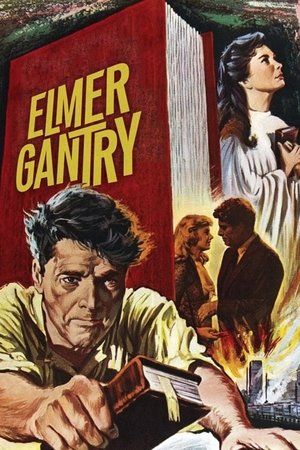 7.3
7.3Elmer Gantry(en)
A charismatic charlatan begins a business — and eventually romantic — relationship with a roadside evangelist to sell religion to 1920s America. Based on Sinclair Lewis' novel of the same name.
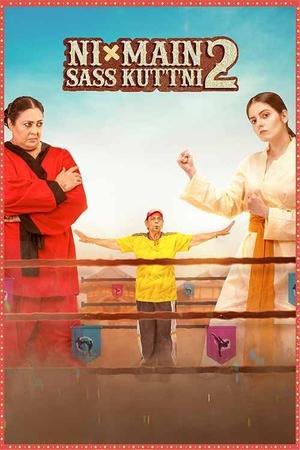 6.2
6.2Ni Main Sass Kuttni 2(pa)
A vengeful mother-in-law locks horns with her daughter-in-law in a twisted tale laced with dark comedy, political intrigue, and chilling thrills.
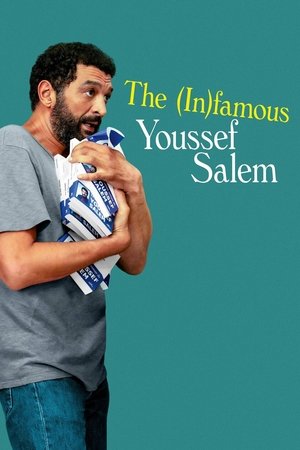 6.6
6.6The In(famous) Youssef Salem(fr)
Youssef Salem, 45, has always managed to miss his writing career. But the trouble begins when his new novel becomes a success because Youssef couldn't help but be inspired by his own, for better or worse. He must now avoid at all costs that his book falls into the hands of his family.
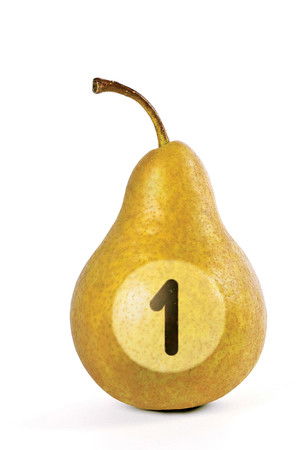 6.2
6.21(hu)
A bookshop renowned for its rare works is mysteriously and filled with copies of a book entitled 1, which doesn't appear to have a publisher or author. The strange almanac describes what happens to humanity in a minute. A police investigation begins and the bookshop staff are placed in solitary confinement by the Bureau for Paranormal Research. As the investigation progresses, the situation becomes more complex and the book becomes increasingly well-known, raising numerous controversies. Plagued by doubts, the protagonist has to face facts: reality only exists in the imagination of individuals.
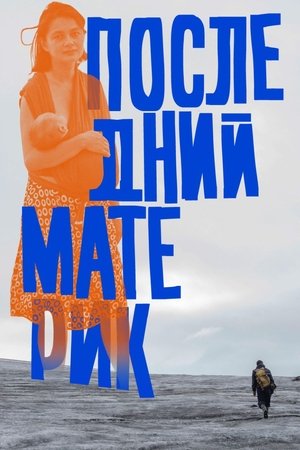 5.8
5.8Last Ma(i)nland(ru)
Photographer Grigory Yaroshenko gets a chance to visit Antarctica and learn about the life of polar explorers. But his wife is expecting their second child, and life changes. Gregory is faced with the question of male self-identification and acceptance of new family circumstances.
Dash Berlin - Live at Ultra Music Festival Miami Mainstage 2015(en)
Ultra Music Festival 2015. In the middle of the pouring rain. Dash Berlin wrote history surprising the crowd with one of the most emotional, powerful and energetic sets the festival has ever seen and proved to be right at home at the big main stage.
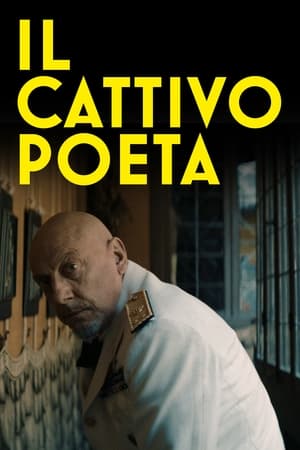 6.1
6.1The Bad Poet(it)
1936. Giovanni Comini, the youngest Federal in Fascist Italy, is summoned to Rome for a delicate mission: to surveil aging national poet Gabriele D'Annunzio, whose increasingly restless behavior Mussolini fears could damage his alliance with Nazi Germany. However, after spending time with D'Annunzio, Comini finds himself torn between loyalty to the Party and his fascination with the poet, who will put his burgeoning career at risk.
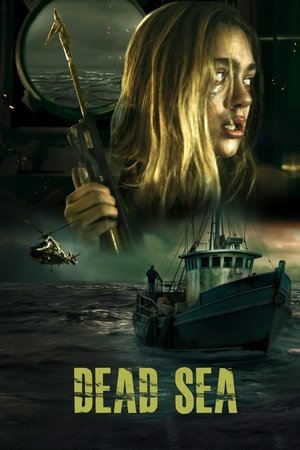 6.3
6.3Dead Sea(en)
Stranded in the open sea after a fatal accident, a young woman and her two friends are rescued by a fishing vessel's captain, unaware that the ship harbors a chilling secret.
Similar Movies
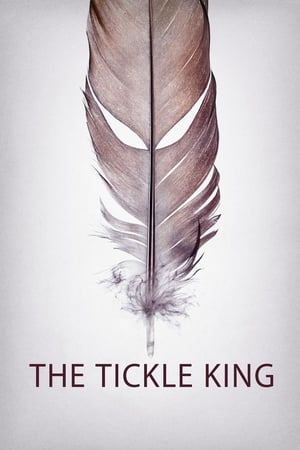 6.9
6.9The Tickle King(en)
Featuring new, previously unseen footage documenting the bizarre and unsettling things that happened to filmmakers David Farrier and Dylan Reeve as Tickled premiered at film festivals and theaters in 2016. Lawsuits, private investigators, disrupted screenings and surprise appearances are just part of what they encounter along the way. Amidst new threats, the duo begins to answer questions that remained once the credits rolled on Tickled, including whether the disturbing behavior they uncovered will ever come to an end.
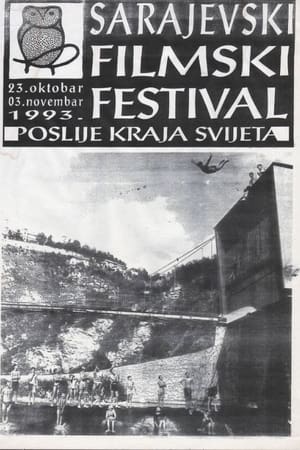 0.0
0.0Sarajevo Film Festival(en)
Sarajevo in the twentieth month of its besiegement. The situation is critical, but the city chooses to organise an international film festival. Dutch filmmakers Johan van der Keuken and Frank Vellenga present Van der Keuken's documentaries Face Value and Brass Unbound there, and one of the festival organisers asks a festival visitor: "What is the significance of film in war?" In Sarajevo Film Festival Film, a reflection on film, war and daily life, fictional images are juxtaposed in a disconcerting way with the gruesome reality of the life of a festival visitor.
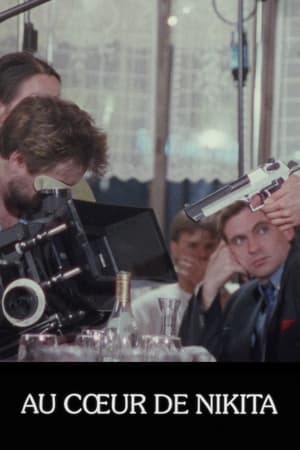 0.0
0.0Au coeur de Nikita(fr)
A documentary that captures some moments on set of filming of Luc Besson's "Nikita".
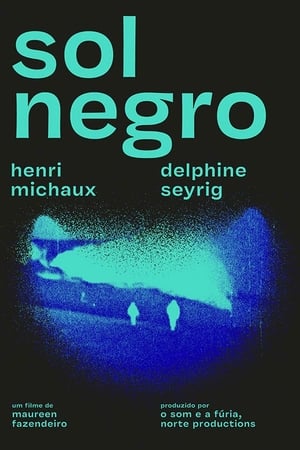 0.0
0.0Black Sun(pt)
Underscored by French film legend Delphine Seyrig’s evocative recitation of a Henri Michaux poem, Maureen Fazendeiro’s film is a mysterious, multi-textured portrait of eclipse spectators in Portugal.
 7.1
7.1The Arrival of a Train at La Ciotat(fr)
A group of people are standing along the platform of a railway station in La Ciotat, waiting for a train. One is seen coming, at some distance, and eventually stops at the platform. Doors of the railway-cars open and attendants help passengers off and on. Popular legend has it that, when this film was shown, the first-night audience fled the café in terror, fearing being run over by the "approaching" train. This legend has since been identified as promotional embellishment, though there is evidence to suggest that people were astounded at the capabilities of the Lumières' cinématographe.
The Unfinished Journey(en)
A short about American life and history produced for the millennium New Year's Eve celebration.
 6.7
6.7Workers Leaving the Lumière Factory(fr)
Working men and women leave through the main gate of the Lumière factory in Lyon, France. Filmed on 22 March 1895, it is often referred to as the first real motion picture ever made, although Louis Le Prince's 1888 Roundhay Garden Scene pre-dated it by seven years. Three separate versions of this film exist, which differ from one another in numerous ways. The first version features a carriage drawn by one horse, while in the second version the carriage is drawn by two horses, and there is no carriage at all in the third version. The clothing style is also different between the three versions, demonstrating the different seasons in which each was filmed. This film was made in the 35 mm format with an aspect ratio of 1.33:1, and at a speed of 16 frames per second. At that rate, the 17 meters of film length provided a duration of 46 seconds, holding a total of 800 frames.
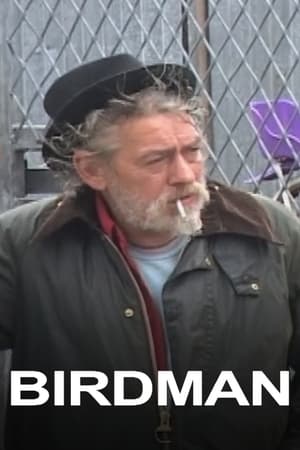 3.4
3.4Birdman(en)
A portrait of Robert, a troubled but poetic soul struggling with his purgatorial existence in a hackney scrapyard.
 7.0
7.0Land Without Bread(es)
An exploration —manipulated and staged— of life in Las Hurdes, in the province of Cáceres, in Extremadura, Spain, as it was in 1932. Insalubrity, misery and lack of opportunities provoke the emigration of young people and the solitude of those who remain in the desolation of one of the poorest and least developed Spanish regions at that time.
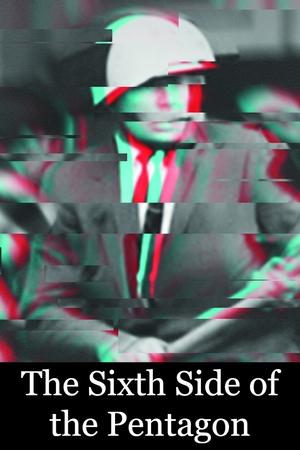 6.2
6.2The Sixth Side of the Pentagon(fr)
On October 21, 1967, over 100,000 protestors gathered in Washington, D.C., for the Mobilization to End the War in Vietnam. It was the largest protest gathering yet, and it brought together a wide cross-section of liberals, radicals, hippies, and Yippies. Che Guevara had been killed in Bolivia only two weeks previously, and, for many, it was the transition from simply marching against the war, to taking direct action to try to stop the 'American war machine.' Norman Mailer wrote about the events in Armies of the Night. French filmmaker Chris Marker, leading a team of filmmakers, was also there.
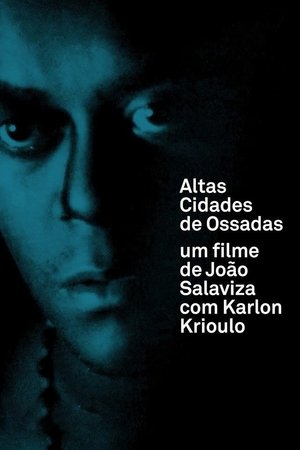 6.3
6.3High Cities of Bone(pt)
Karlon, born in Pedreira dos Húngaros (a slum in the outskirts of Lisbon) and a pioneer of Cape Verdean creole rap, runs away from the housing project to which he had been relocated.
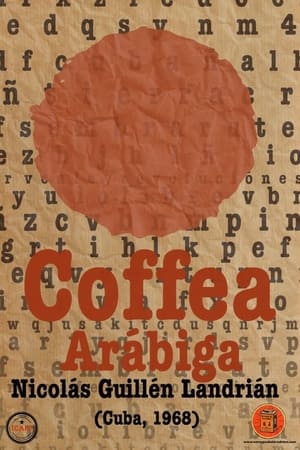 5.2
5.2Arabian Coffee(es)
'Coffea arábiga' was sponsored as a propaganda documentary to show how to sow coffee around Havana. In fact, Guillén Landrián made a film critical of Castro, exhibited but banned as soon as the coffee plan collapsed.
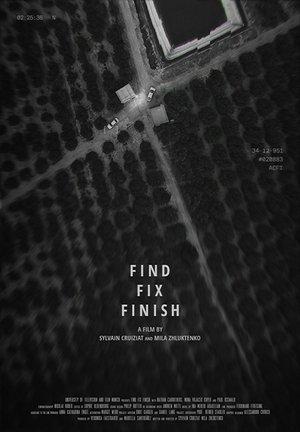 0.0
0.0Find Fix Finish(de)
Find Fix Finish delves into the stories of three US-Drone pilots revealing the clandestine operational strategies practiced by the US Government.
 8.2
8.2Night and Fog(fr)
Filmmaker Alain Resnais documents the atrocities behind the walls of Hitler's concentration camps.
Call into Silence(cs)
A documentary about the artistic and verbal expressions of mentally ill people.
Liquidation(fr)
Scratches. Cross-outs. Stripes. Arnaud is tirelessly attacking ancient masters' painting reproductions with the tip of his pen. His free and living interlaces highlight shapes and figures.
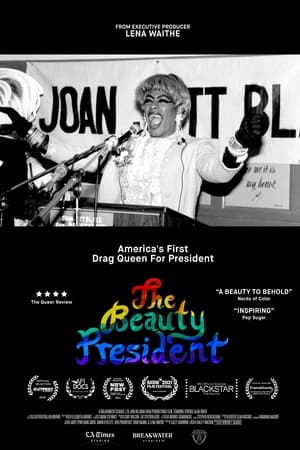 6.0
6.0The Beauty President(en)
In 1992, at the height of the AIDS pandemic, activist Terence Alan Smith made a historic bid for president of the United States as his drag queen persona Joan Jett Blakk. Today, Smith reflects back on his seminal civil rights campaign and its place in American history.
